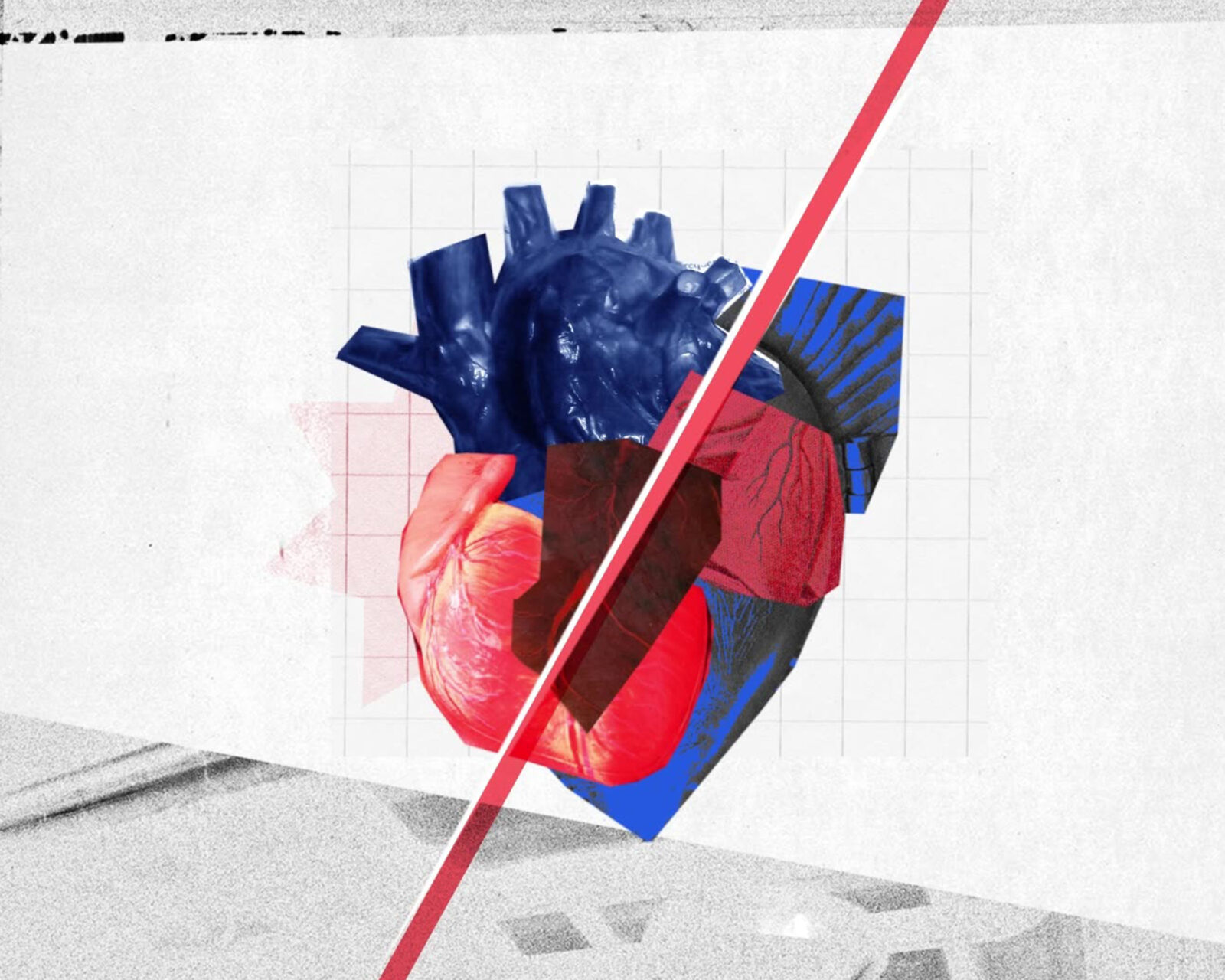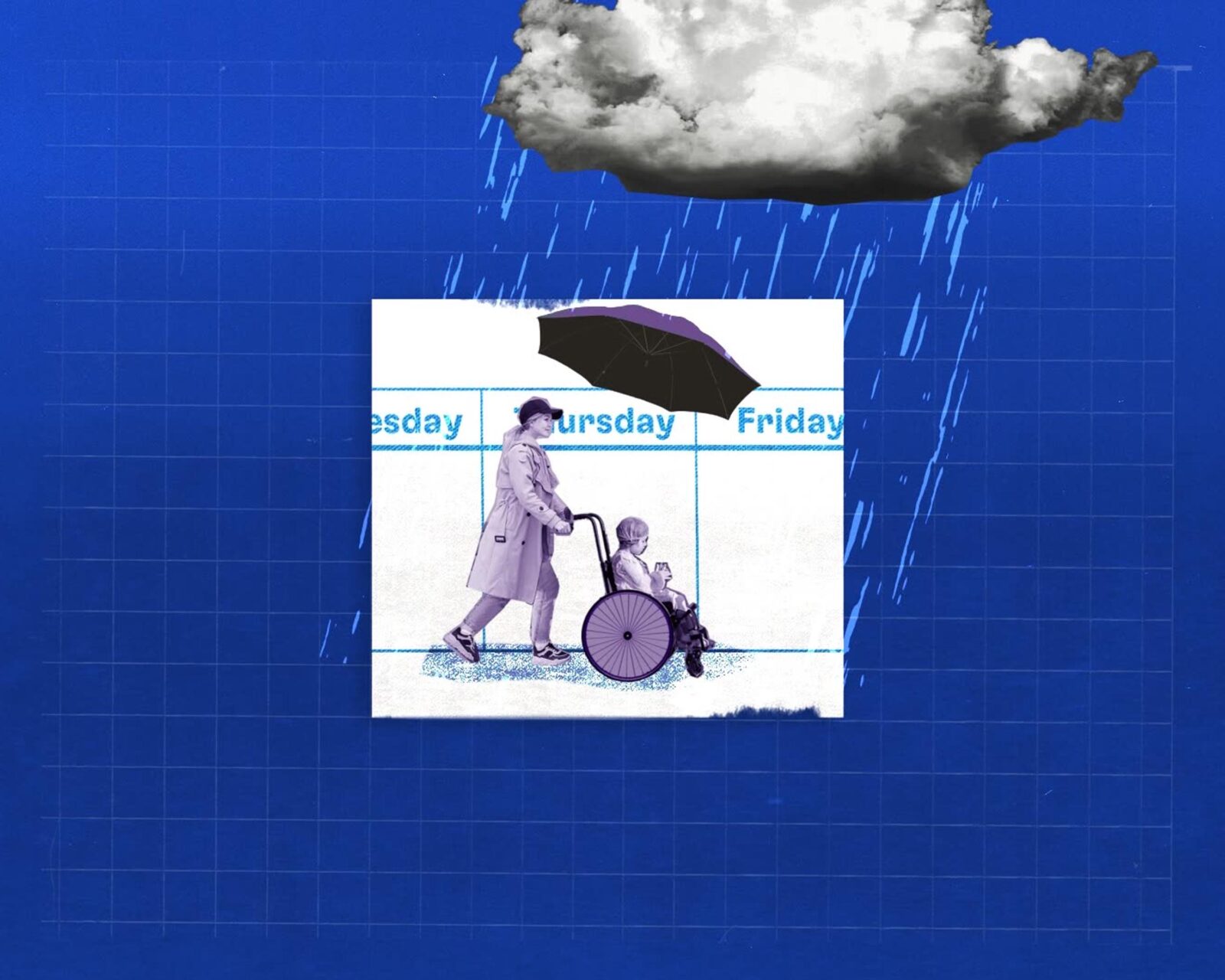Video Transcript
Edmund: Last week. I found this toy camera in my house. It looks like a small $20 version of what a real digital camera would look like. I assumed it didn’t really work, but then I flipped it over and realized my wife had got the kids, a small toy version of a memory card and that there were actually photos saved on the camera. My oldest kid is eight, so I wasn’t expecting to be blown away by the photos. But actually some of them were pretty good. Photos of a plant. Photos of a foot. Photos of food and some photos of the backyard. But what was most interesting to me were the selfies. My young kids don’t have phones. They don’t browse Instagram. They’re hardly on the internet. But left alone with a camera, they took photos of themselves. This really stuck with me for a few days. I kept thinking about my little nine-year-old walking around the house, taking photos of things he thought would be worth taking photos of. And then he thought, naturally, I should take a photo of myself. I’m sure he wanted to see a photo of himself. But also I wondered if there is something deeper about this desire to take a selfie. What is it we’re really trying to reveal to the world when we turn the camera on ourselves? Humans, especially in the digital age, take loads of photos of themselves. Google reported that it’s Android devices take 93 million selfies per day. In one poll 18 to 24 year olds reported that every third photo they take is a selfie. And in one study, it was reported that some people take more than eight selfies a day. What makes us want to take pictures of ourselves? What is it we want the world to see?
Ian: Hi, my name is Ian Cabrera. I’m a videographer and storyteller working in california. Selfies are purely born out of technological advancement. We’re not talking about self portrait, where it was, where the name came from. We want people to see us for who we are in the way that we want to present ourselves to them. There’s a lot of vulnerability when you’re being photographed. We have an expectation of ourselves. And the reason that we take selfies is because a lot of times we want to remain in control. We want to say, oh, look at, this is how I look. And, you know, I know because I’m the one telling you, I look like this.
Edmund: Robert Cornelius turned the camera on himself in 1839 for what might be the world’s very first selfie, but in a way, getting an image of yourself saved forever is a practice that goes back even further. There’s a long history of self portraits among painters throughout history, they’re names that you would recognize: Rembrandt, Picasso, Monet, Vincent van Gogh, and Andy Warhol all took a stab at one or many self portraits. Shortly after van Gogh cut off his own ear, he painted a self portrait which showed his bandaged ear. Pablo Picasso’s self portraits changed throughout his career reflecting his changing styles.
Ian: When I turn that camera on myself, when I take that selfie, I want you to see the image of me that I see.
Edmund: When we take selfies with our phones. We’re saying, I want you to see. But who do we want to see us? And what is it really that we want them to see about us? We seem particularly interested in revealing ourselves, not just with our words, but visually. Anyone who casually scrolls through social media is hard-pressed to walk away and not have the impression that humans fundamentally desire people to look at them.
Ian: The thing that motivates me when I step in front of the camera is being able to one, capture a moment in time to be able to do that in a way that portrays me the way that I want you to see me.
Edmund: We have this deep desire to reveal ourselves to others, with our words and with our appearance, we’re saying, I want you to see me. Maybe part of that desire is misplaced or not virtuous, but there is something good about our desire to reveal who we are to other people. It’s a desire to be known and seen for who we are. Some have a notion of an impersonal God disinterested in our gaze or uninterested in revealing himself to us. But if we have this deep fundamental desire to be seen and known, why would we assume that God doesn’t have at least the same desire, if not a deeper desire for us to look at him? The truth is that God greatly desires to reveal himself to us in a way much deeper than a self portrait. But part of the problem is we’re human. We can only see and comprehend with human eyes, a human mind, and a human heart. J.R.R. Tolkien, the great English Catholic writer said “We have come from God, and inevitably the myths woven by us though they contain error will also reflect a splintered fragment of the true light, the eternal truth that is with God.” It’s as if God is just waiting for us to stop long enough to consider that he desires to reveal himself.




